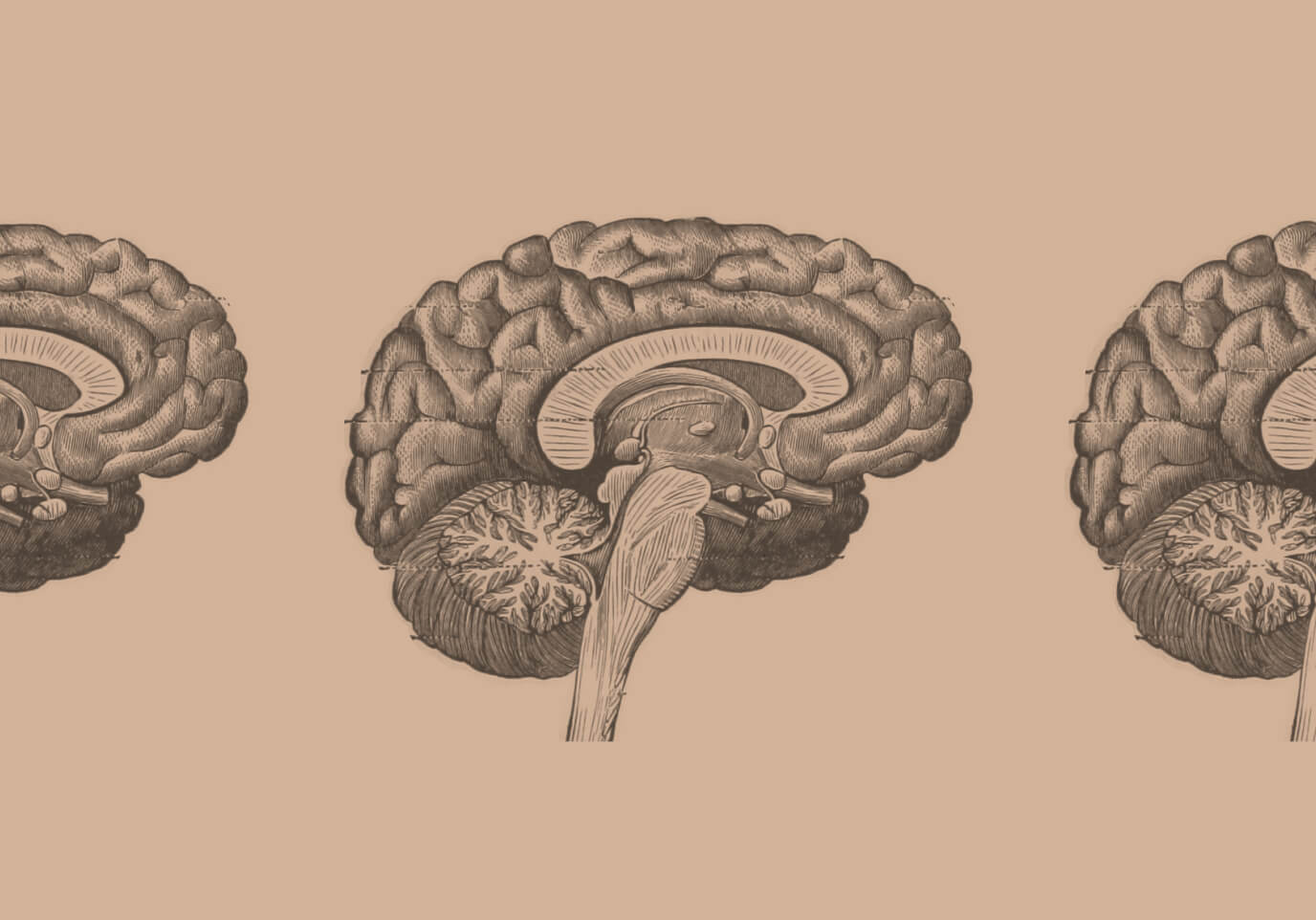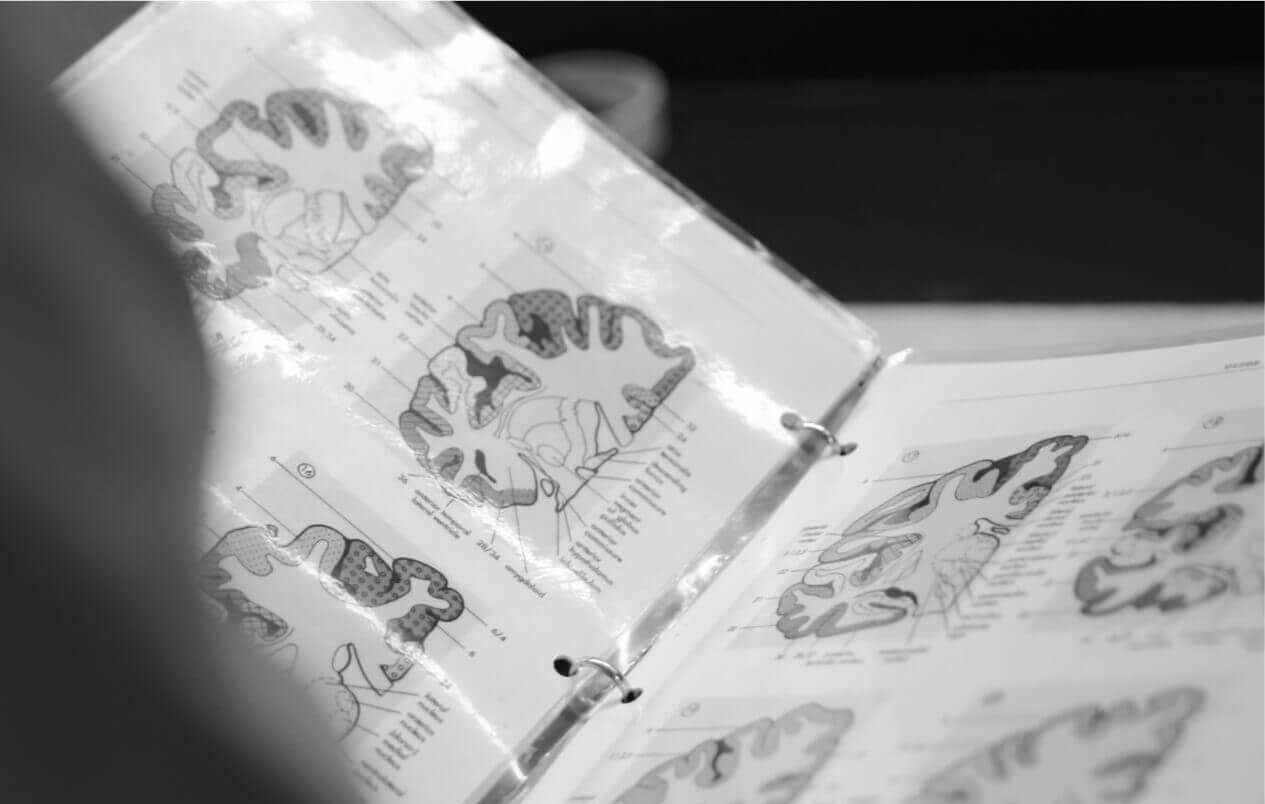Read All About It

The Gift of Understanding: Brain Donation and PTSD Research
Post-Traumatic Stress Disorder (PTSD) affects millions of people worldwide, from combat veterans and first responders to survivors of domestic partner abuse, accidents, or natural disasters. Yet despite its prevalence, the condition remains shrouded in scientific mystery.
Dementia and brain banking: It’s complicated
One thing scientists must do is manage the types of brain tissue available to researchers. Too much of one diagnosis can mean not enough resources for others.
April 3, 2025National Health Care Decisions Day: Empowering Individuals and Families through Brain Donation
On National Health Care Decisions Day, individuals are encouraged to make informed decisions about their healthcare, and brain donation can be an essential part of these discussions.
January 6, 2025The Personal Benefits of Brain Donation
While the thought of donating your brain may seem daunting, there are so many reasons why it can be a profoundly positive decision for you, your family, and future generations.
October 2, 2024Reducing the Stigma of Mental Illness: Mental Illness Awareness Week
As we kick off Mental Illness Awareness Week (October 6 – 12,) we support NAMI’s efforts to eliminate the stigma of mental illness at home, in our communities and in the workplace.
Recent Media Coverage
Podcasts and Webinars
Sign Up For Our Newsletter
For news, donor stories, new merch and more







